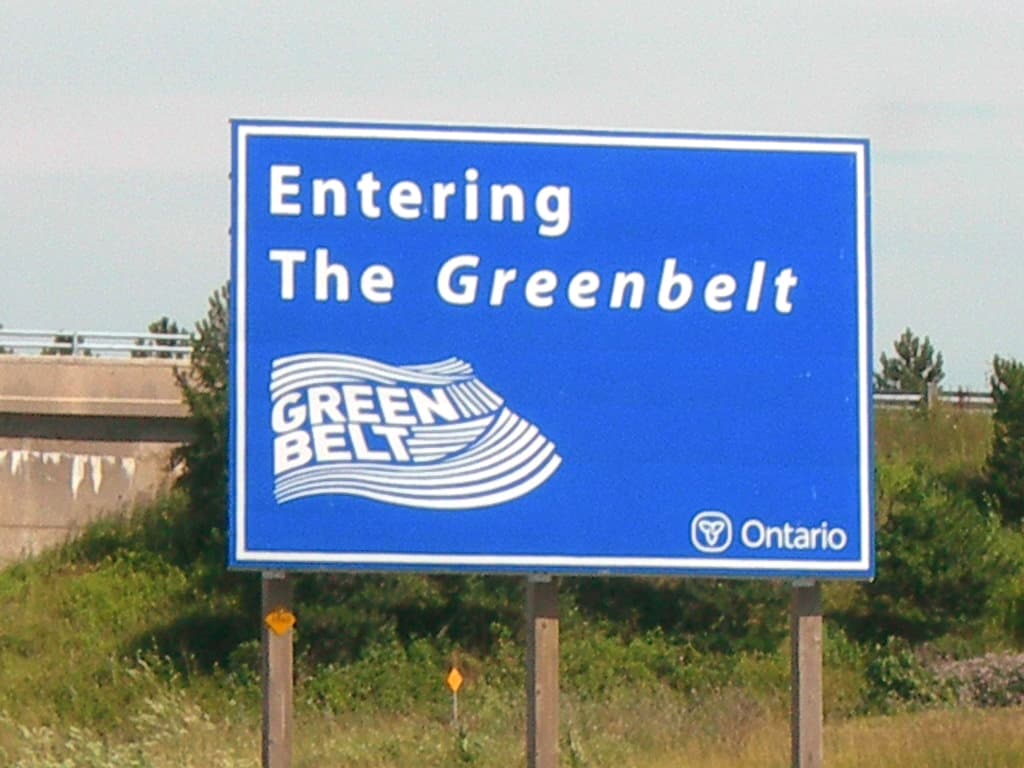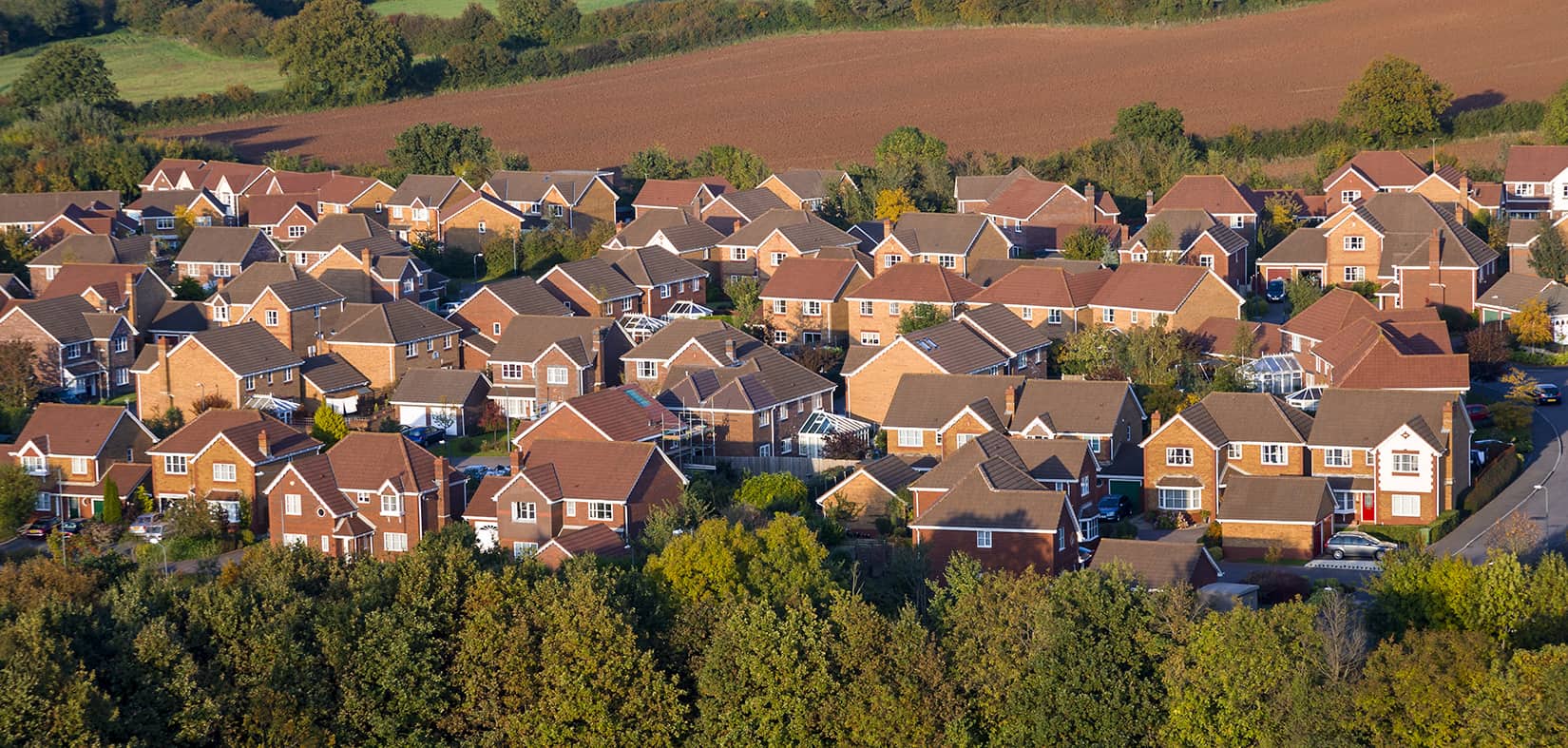Toronto-based survey says: Ontario residents want Bill 23 and Greenbelt swap legislation repealed
Published April 19, 2023 at 2:37 pm

A new online survey on the impacts of Bill 23 and the Greenbelt swap showed that more than 80 per cent of Ontario residents polled want the legislation repealed and for an ethics review on the government’s handling of the issue.
Research on the Greenbelt and Ontario, a project of SPR Associates of Toronto, polled 6,400 residents between December 2022 and March 2023 on the government’s More Homes Built Faster Act and its controversial Greenbelt changes.
The survey asked for Ontarians’ views on three key issues: 1) whether an ethics investigation was required, 2) whether Bill 23 and related measures would be likely to increase the supply of affordable housing, and 3) whether Bill 23 should be repealed.
The results for the housing question had almost the same conclusion to questions 1) and 3): 79 per cent of those surveyed believe the government’s measures will have “no impact” on affordable housing, which the Doug Ford government and his opponents both believe is “desperately needed” in Ontario today.
The results from the recent poll skew much higher than a Mainstreet survey published in December 2022 and another published by Abacus Surveys in March 2023, with both reporting that people were opposed to the Bill 23 measures by a two-to-one ratio.
Opposition in all the surveys was widespread across many specific groups examined, such as farmers, planners, housing providers, homeowners as well as environmental organizations.
The trigger for the survey was the introduction last fall of Bill 23, Bill 39 and related measures removing 7,400 acres of land from the Ontario Greenbelt, including acreage in the Duffins Rouge Agricultural Preserve, and changing the processes for housing development. This, after Ford promised he would ensure the protection of the Greenbelt from developers.
The Greenbelt land swap was made public on Nov. 4, shortly after Bill 23 was introduced in the Legislature on Oct. 25. Bill 23, which removes development charges from some new residential units, was made law on Nov. 28 before consultation in the Legislature had wrapped up.
Saying that this will create more space for housing, the Greenbelt swap–which removes 15 areas (or approximately 7,400 acres) from the edge of the Greenbelt area and adds 9,400 acres, including a portion of the Paris Galt Moraine and 13 urban river valleys in the Greater Golden Horseshoe–opened up for development thousands of acres of formally protected Greenbelt lands.
Because much of the land suddenly freed up was owned by individuals or companies linked to the Progressive Conservative Party, some residents and organizations suggested the Ford government acted in a potentially unethical manner.
Many respondents were “strident” in their view that an ethics review was needed, with that viewpoint most strongly held by residents’ associations, non-profit housing groups, users of green spaces and environmental groups, all of which favoured an ethics review by 90 per cent or more. Also favouring a review, but less strongly, were planners, municipal officials and farmers, all favouring a review by at least 80 per cent.
Public comments on the survey were naturally negative towards the legislation:
“Bill 23 will not increase affordable housing in Ontario in the municipalities and locations that require it. Building on the Greenbelt will result in environmental issues and increased taxes for the infrastructure to support the build including hospitals, schools, roads, sewers, etc.,” said an Eastern Ontario municipal planner. “The best strategy for affordable housing is to build ‘up’ not ‘out’ in existing communities. We need … checks and balances in place to ensure developers actually build affordable housing not large and expensive homes for the elite.”
“This is perhaps the worst piece of legislation to address housing I have ever seen. It is not about affordable housing where it is needed but meeting the housing desires of the wealthiest,” claimed a member of a GTA environmental group. “It violates basic principles of planning, environmental protection, and what we know about affordable housing. There is clearly a conflict of interest between developers and this government.”
“The Government has no intention of addressing affordable housing,” said a member of a Residents’ Association in southwest Ontario. “Housing costs are virtually out of reach now for average Canadians and the rental market is less than one per cent vacancies in most cities and unaffordable to many in the community. The decision of rent or food should not be an issue.”
The survey report concludes that Ontarians “widely reject” the Bill 23 measures and support for the legislation is likely limited to the ruling government and “selected developers who benefit from these controversial land deals.”







